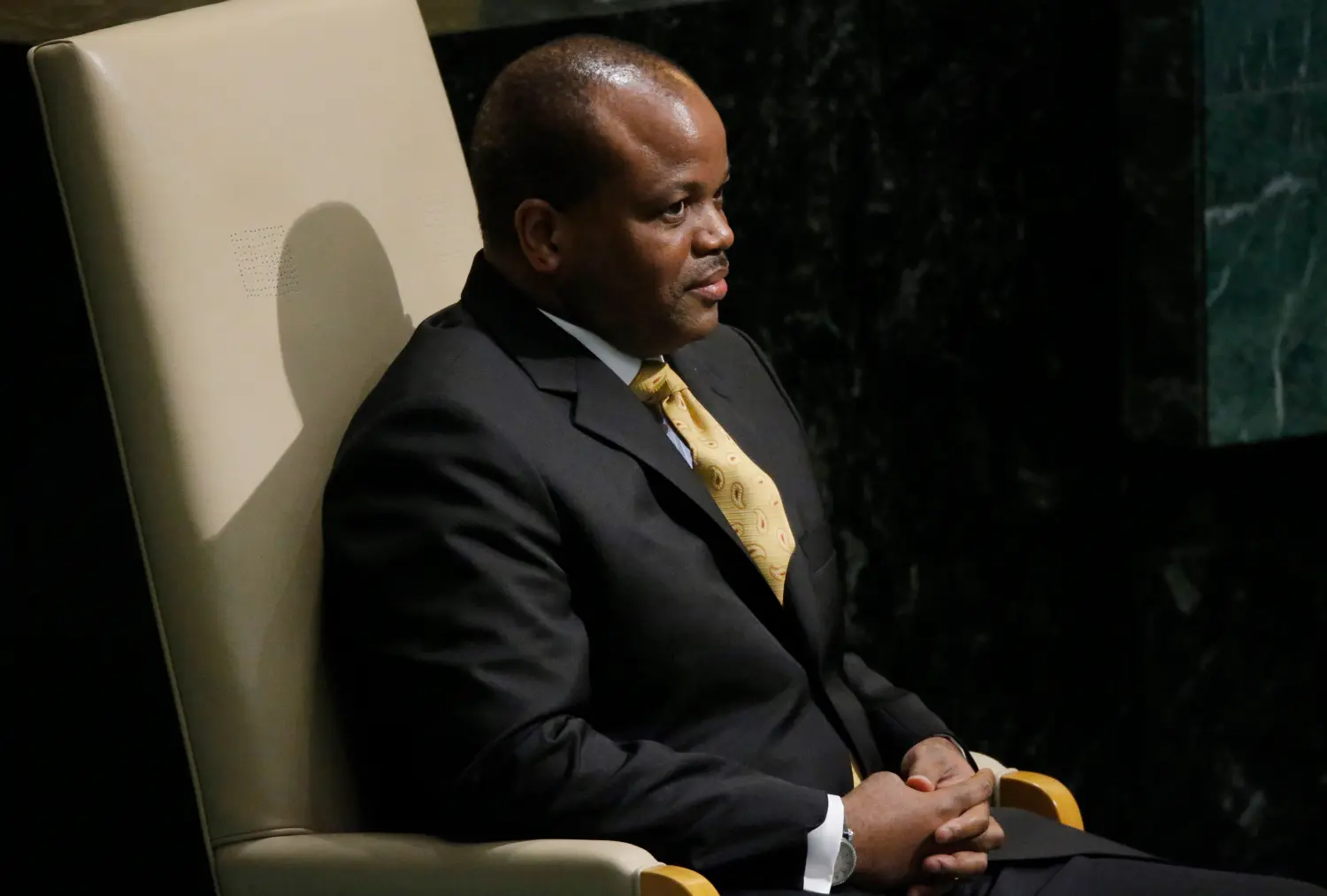
Local artists, filmmakers, and content creators in Eswatini are being urged to safeguard their intellectual property and understand the business side of the creative industry to build sustainable careers.
Mmeli Hlanze, Executive Director of the Eswatini Copyright and Neighbouring Rights Society (ESWACOS), spoke to participants on the television mentorship programme The Platform this week about copyright, royalties, and brand management.
Hosted by Bello Nkhosi, the programme brought together artists including Mandisa Mamba, an actor and musician; Lyrikal Busta, a music artist; Cheistar, an entrepreneur and performer; and Velefini, director of Wordis, who shared their experiences navigating music, acting, and business ventures.
Hlanze emphasised the role of ESWACOS in registering creators and their works, collecting license fees from businesses that use music or other creative content, and distributing royalties to registered members.
“When you become a member of ESWACOS, you are guaranteed payment whenever your music is used, both locally and internationally,” he said. He also highlighted upcoming initiatives, including training programmes and social welfare grants such as funeral cover for members.
The discussion addressed common industry challenges, particularly disputes over royalties arising from missing agreements. Hlanze stressed the importance of split sheets, which outline how royalties are shared among composers, lyricists, and performers.
He also explained the different types of royalties, including mechanical royalties from streaming and downloads, performance royalties for public plays, and synchronization royalties for adaptations in films, commercials, or other media.
Bello Nkhosi, the host of The Platform, facilitated conversations on how creatives can manage their careers effectively, protect their intellectual property, and maximise revenue streams.
The programme reflects a growing push in Eswatini to professionalise the creative sector, ensuring artists receive fair compensation for their work and have the tools to thrive in a competitive industry.
As the creative economy expands in Eswatini, initiatives like ESWACOS and mentorship programmes are seen as essential in empowering artists to take ownership of their work, secure their rights, and build lasting professional legacies.



